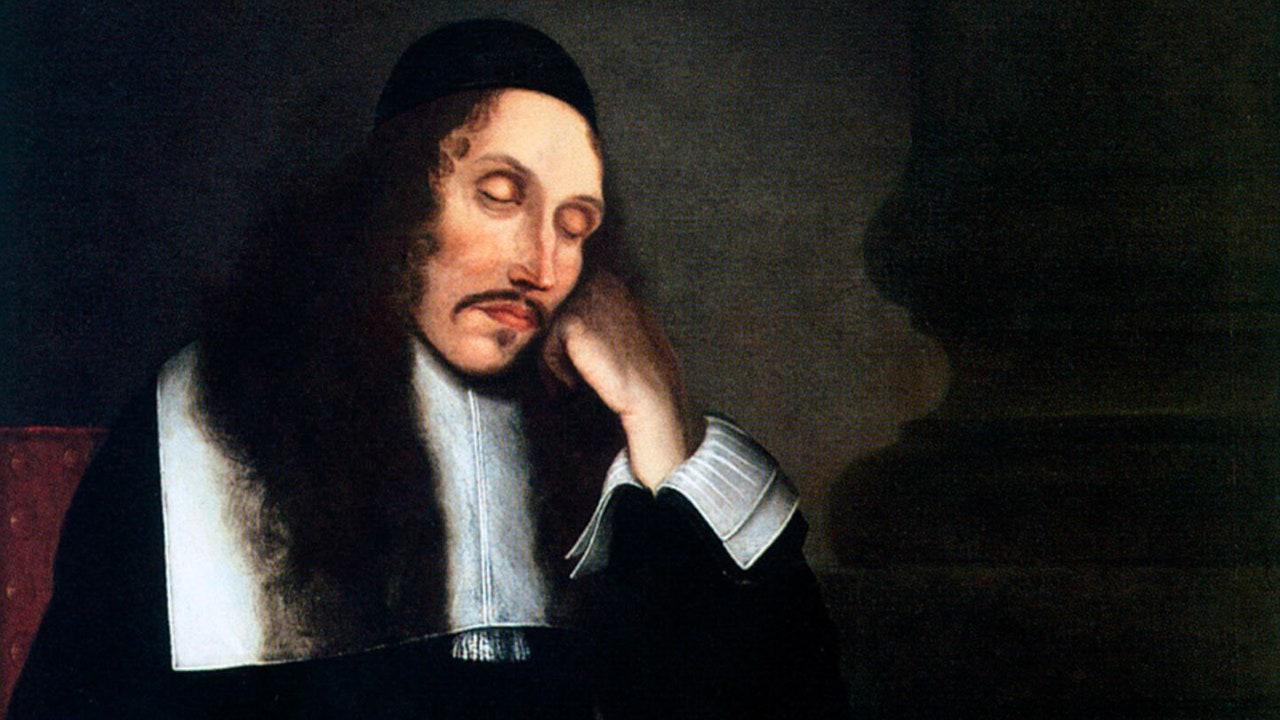
2024-02-05 词
A few months later, an even more subversive book was published in Amsterdam: “Tractatus Theologico-Politicus,” an anonymous Latin treatise that declared the best policy in religious matters to be “allowing every man to think what he likes, and say what he thinks.” In the preface, the author gave thanks for the “rare happiness of living in a republic, where everyone’s judgment is free and unshackled, where each may worship God as his conscience dictates, and where freedom is esteemed before all things dear and precious.” But the fact that the author withheld his name, and that the book’s Amsterdam publisher claimed on the title page that it had been printed in Hamburg, told another story. The author and the publisher were well aware that their unshackled judgment could put them in shackles.
免责声明:本文来自网络公开资料,仅供学习交流,其观点和倾向不代表本站立场。